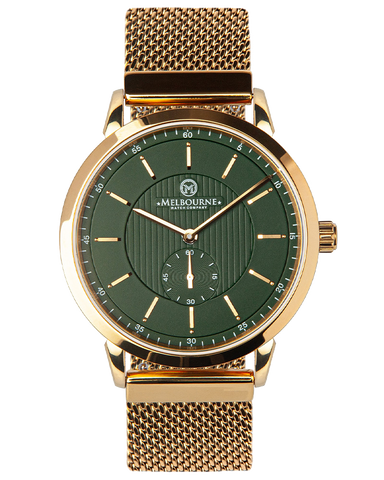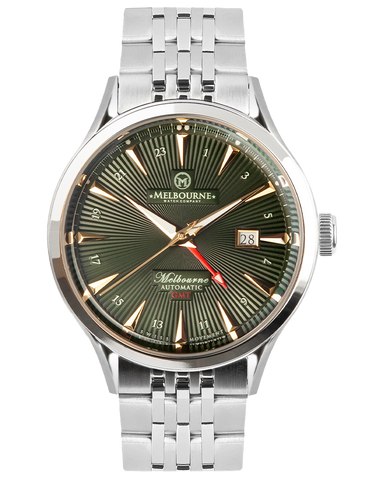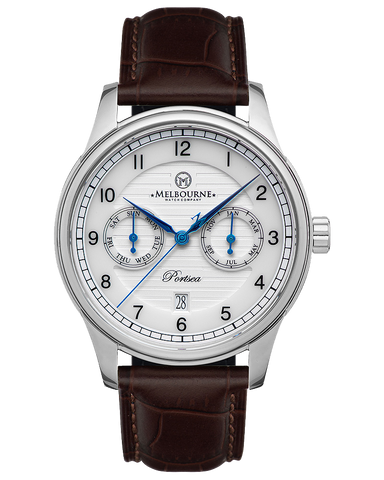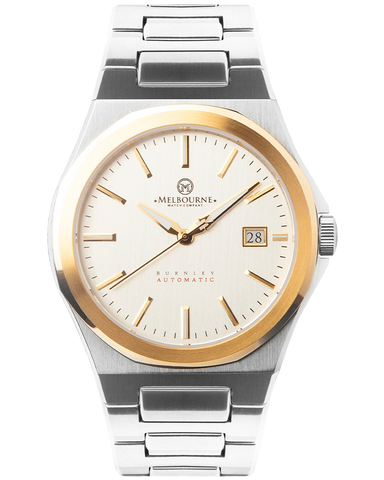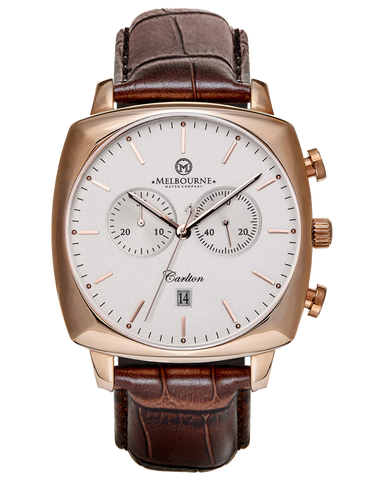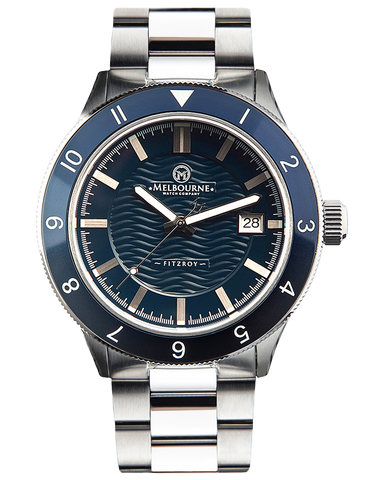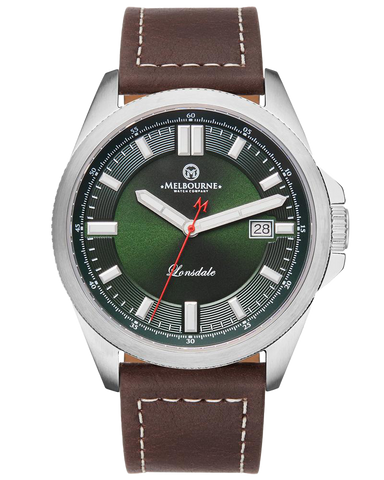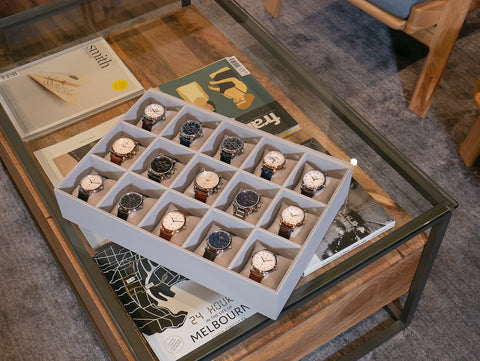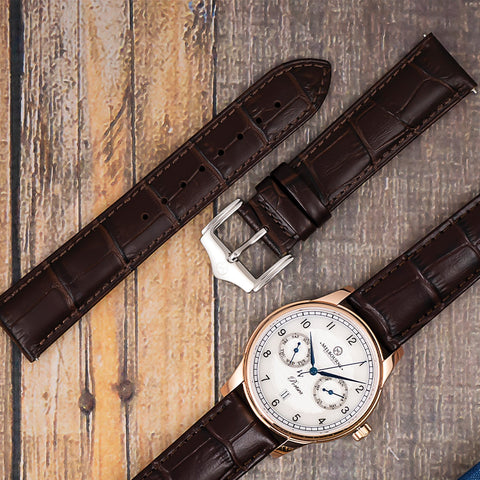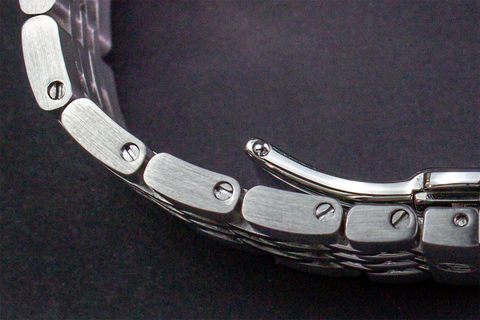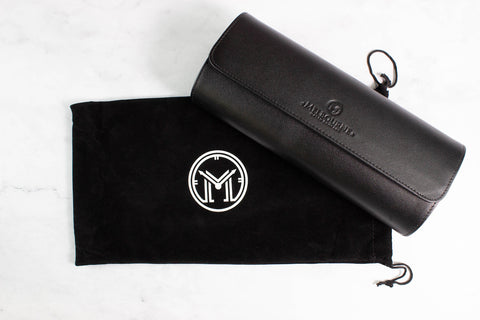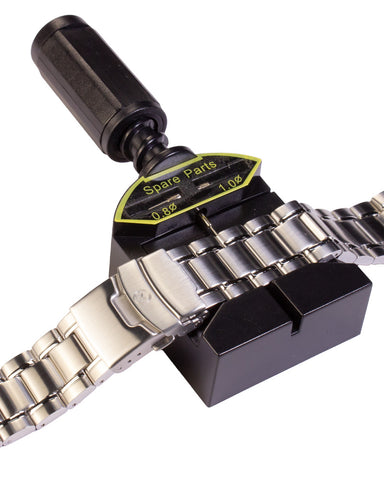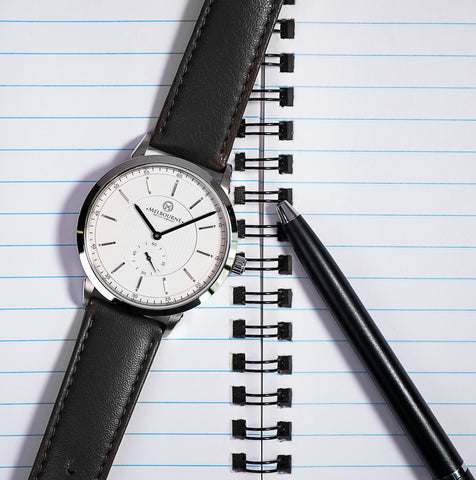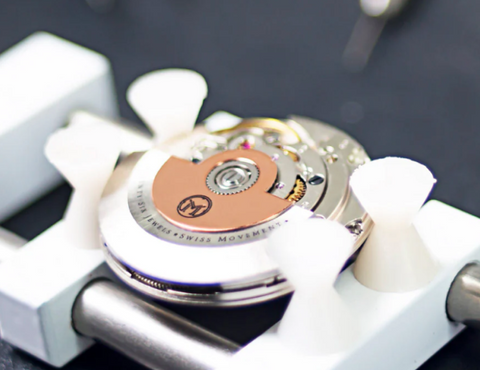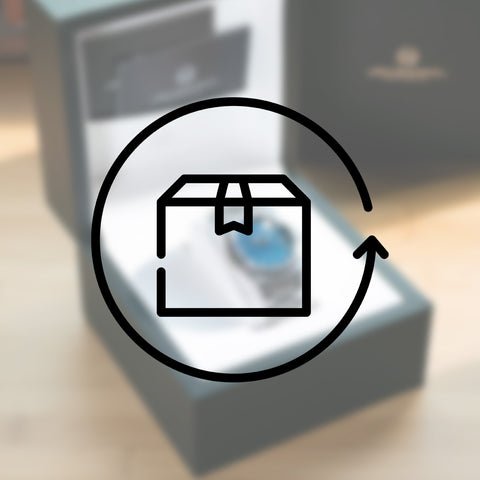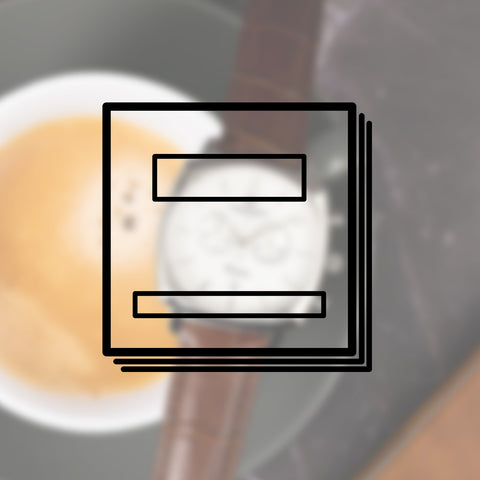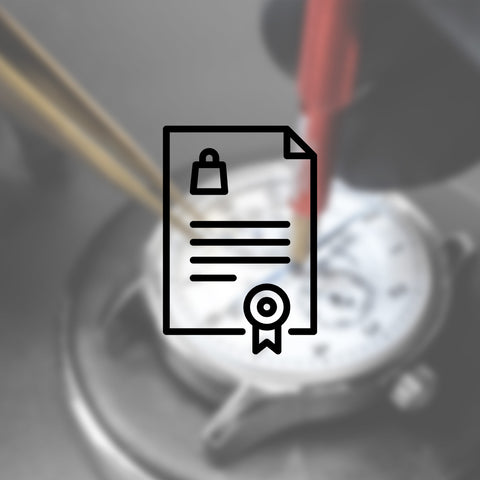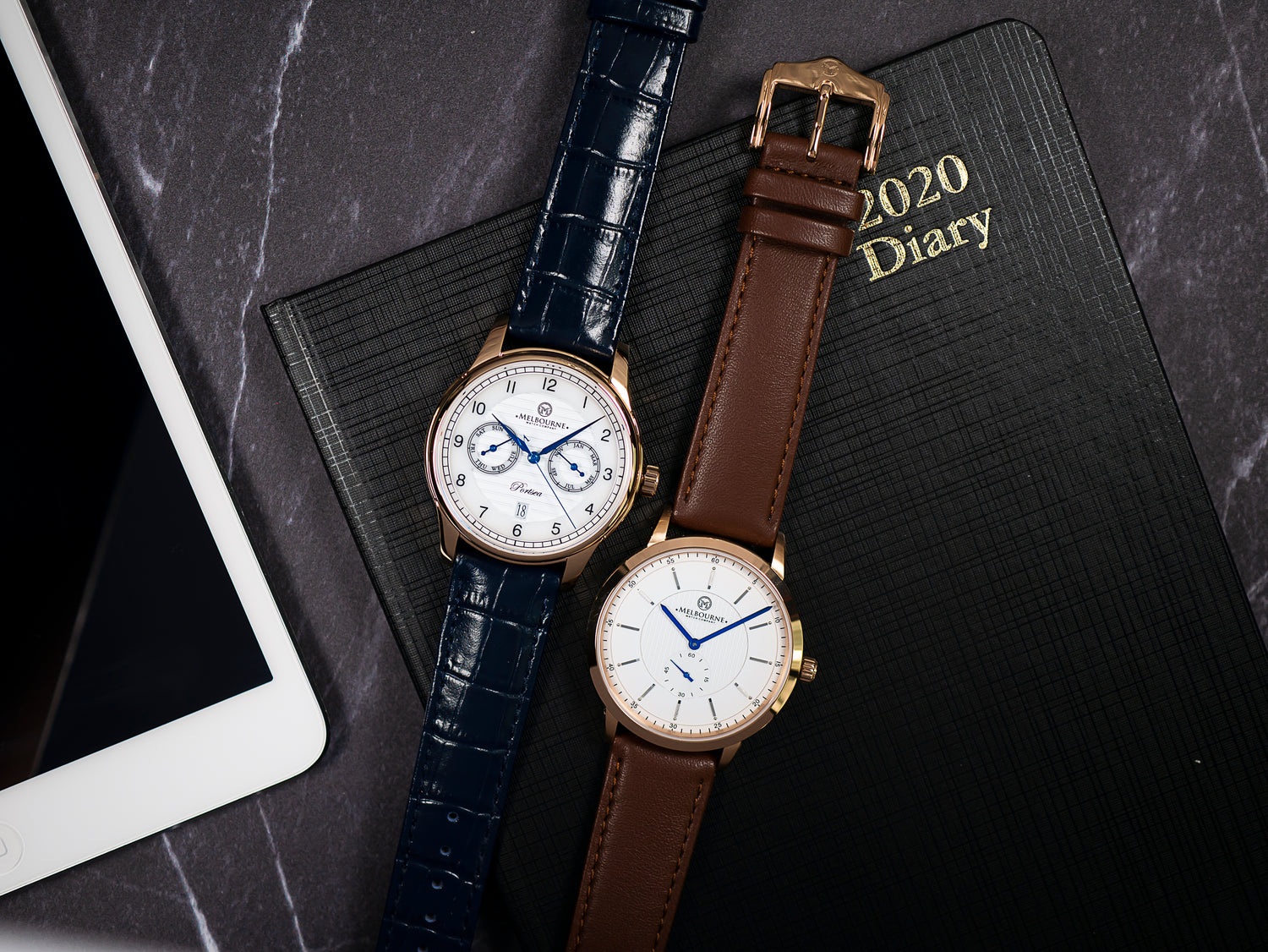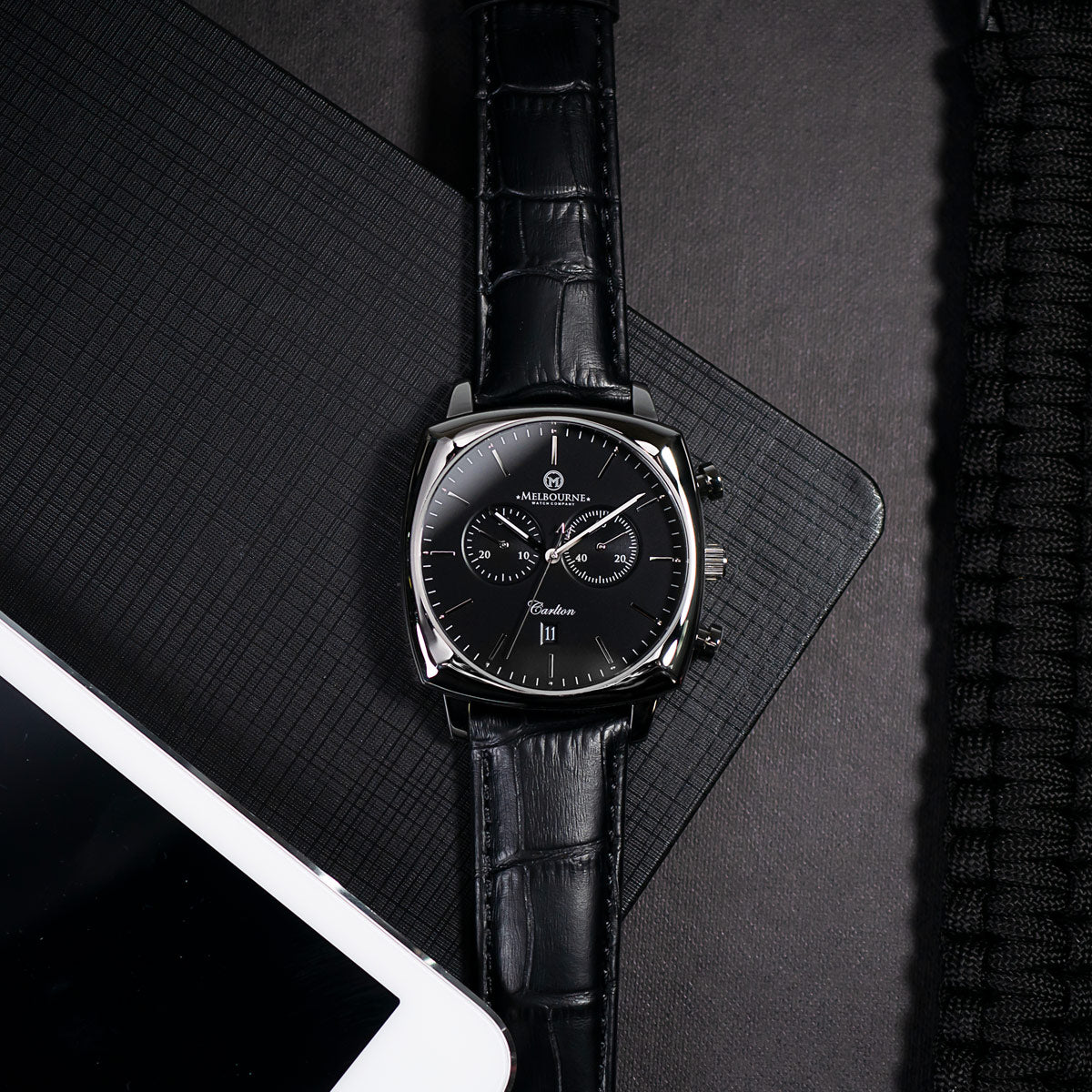When starting the process of purchasing a new timepiece for yourself, or even as a gift for someone close to you, one of the most important things to consider is whether to go with an automatic (mechanical) or quartz (battery-powered) movement. Both have their pros and cons and this article is aimed at helping you understand the differences between them to help you make the right choice.
The Basics
If you’re new to the world of watches, or simply need a refresher course of some of the jargon that gets thrown around when discussing them, you may be wondering what the term ‘movement’ refers to.
Put simply, the ‘movement’ is the heart of your timepiece. It is the mechanism which controls the movement of the hands (or other functions) and performs the timekeeping.
With this in mind, all watches can essentially be classified as one of two main categories - mechanical or quartz, depending on what type of movement they use.
Automatic Watches
A mechanical timepiece contains a watch movement which is made up of gears and springs and is wound up to enable it to tick and keep time. The timekeeping itself occurs when the ‘mainspring’ in the watch movement is allowed to unwind in controlled increments. This results in the second hand moving many times per second, which appears as a ‘sweep’ around the dial.
An ‘automatic’ timepiece refers to the addition of a ‘self-winding’ module on the movement which uses an oscillating weight (called the ‘rotor’) to wind up the movement’s spring through the motion of the wearer. Most modern mechanical timepieces are of the automatic variety.
Due to the nature of mechanical timekeeping, a watch with a mechanical movement (whether hand-wound or automatic) will eventually stop when not being worn as the mainspring unwinds fully and there is no more tension available to keep the watch ticking.
Most automatic watches these days have movements which allow for a maximum ‘power reserve’ when fully wound of approximately 35-40 hours. Once the power reserve is depleted, a mechanical watch must be wound again to resume timekeeping.
Quartz Watches
A ‘quartz’ timepiece contains a watch movement which operates on battery power. The electrical current runs through a quartz crystal, which then vibrates at a precise frequency to enable highly accurate timekeeping and this signal is what controls the ticking of the seconds hand. As a result, most quartz watches are identifiable by the seconds hand moving once per second.
Quartz timepieces are generally significantly more accurate than their mechanical counterparts. One other key advantages of a quartz movement is that it does not need to be wound and a battery generally allows for constant timekeeping for several years, as opposed to mechanical watches which need to be wound up once they deplete their power reserve.
Another key advantage of quartz watches is that they allow for the inexpensive addition of other functions, such as stopwatches, calendars or even phases of the moon. To include similar functions in a mechanical watch generally increases the cost of the watch substantially, due to the additional complex mechanical components and gearing involved. This is also one of the reasons that quartz watches represent the vast majority of watch sales worldwide these days.
Which movement is the right one for you?
We are often asked which type of watch is best and the simple answer is that both have their strengths and weaknesses.
With this in mind, let’s take a look at some of the pros and cons of each below and the type of buyer that each might appeal to.
Automatic:
- Those who are collectors or enthusiasts due to the ‘purist’ aspect of mechanical movements.
- Those who are interested in the history behind mechanical timepieces.
- Those who are looking for something to hold onto for a long period (a well cared for automatic watch should last a lifetime if serviced every few years).
Quartz:
- Those who are interested in a ‘grab and go’ watch that doesn’t need to be wound regularly.
- Those who are after high levels of timekeeping accuracy over extended periods of time.
- Those who are looking for something more cost-effective while still offering great functionality.
We hope that this guide has helped answer some of your questions with regards to the differences between Automatic and Quartz timepieces, however, if there is anything else that you would like to know, please feel free to reach out to our team and we’ll get back to you as soon as possible.

